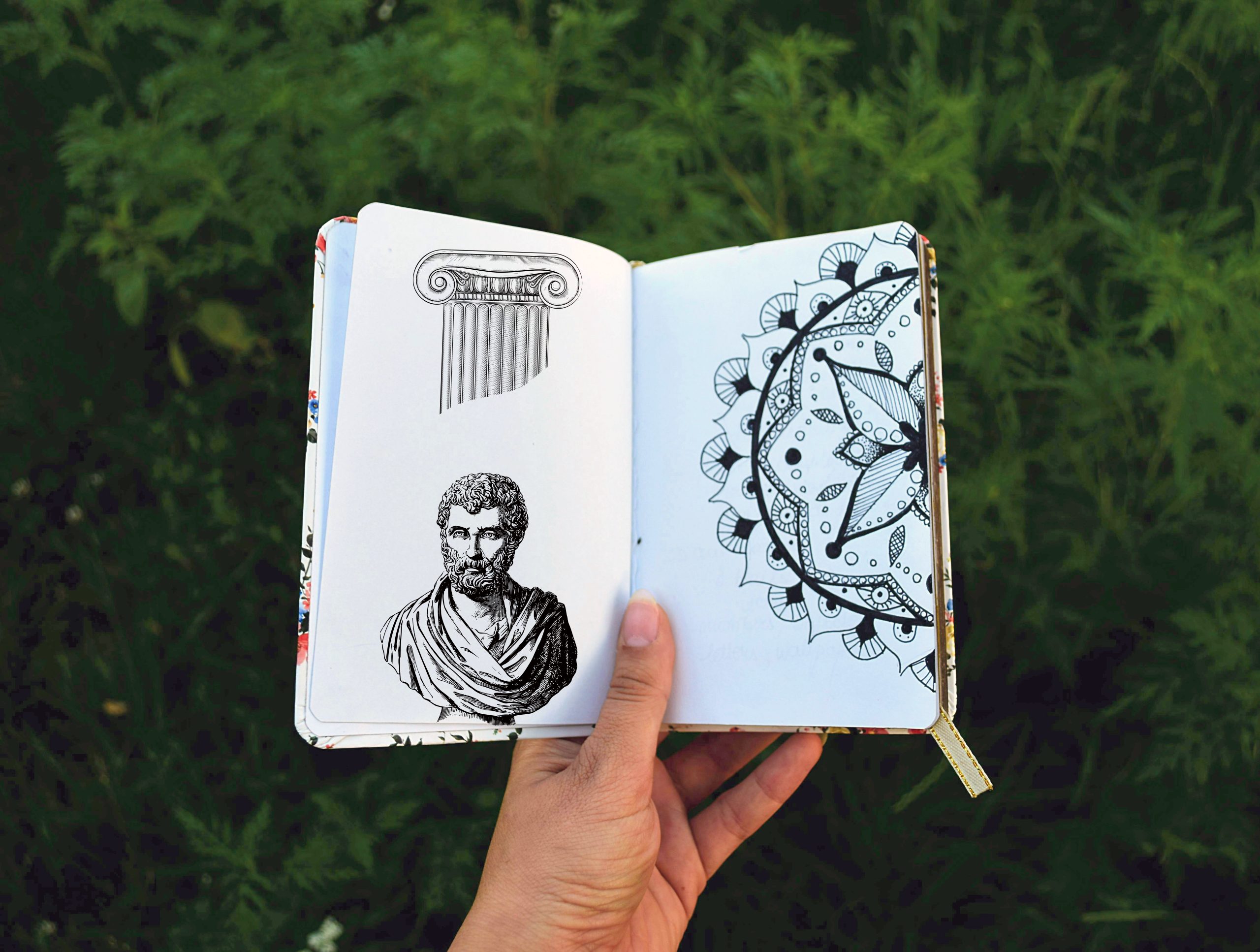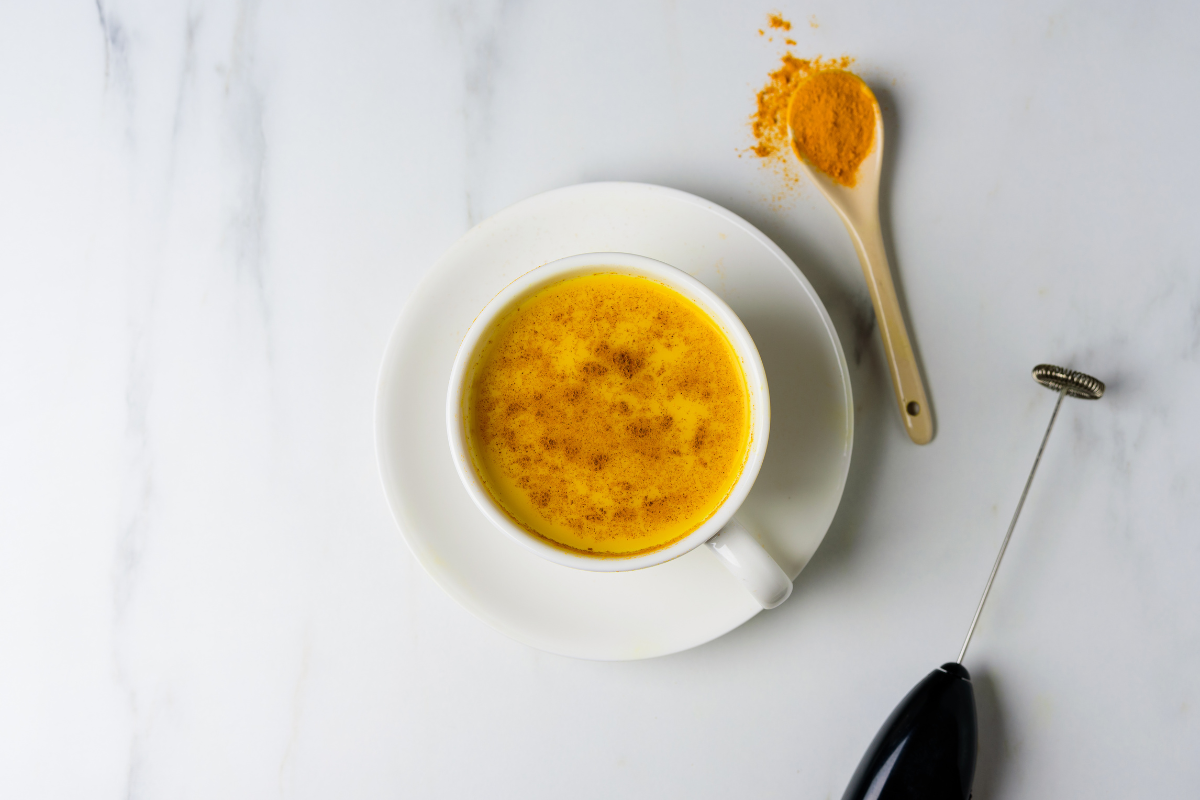Establishing Our Inner Connection

Amal Karl
CEO
Swadhyaya, from the Sanskrit sva (self) and adhyaya (study), refers to the disciplined practice of self-inquiry. Rooted in Indian spiritual traditions, it involves reflection, scriptural study, mindfulness, and ethical living aimed at realising our higher Consciousness (Atman).
A striking parallel exists in Stoicism, the ancient Greco-Roman philosophy grounded in reason, virtue, and inner freedom. While Vedanta sees the Self as divine and Stoicism sees human nature as aligned with universal reason (logos), both traditions emphasise self-examination, moral clarity, and personal responsibility.

Self-Study as Daily Practice
Swadhyaya is not merely reading scriptures – it’s active engagement with our inner world. Through introspection, we observe thoughts, recognise ego patterns, and align with dharma, or cosmic order.
Epictetus, like many Stoics, stressed examining impressions and living in harmony with reason. Both traditions affirm that self-inquiry fosters ethical growth – that our inner and outer lives are deeply connected, and self-awareness is reflected in action.
Reflection and Ethical Living
Swadhyaya’s aim is ethical alignment. Through self-study, we become aware of attachments and habits – cultivating humility and integrity. The goal is harmony between thought (head), emotion (heart), and action (hand).
Stoicism mirrors this. Seneca advised daily review: What did I do well? Where did I falter? Marcus Aurelius’ Meditations served as a personal anchor to virtue and reason.
Detachment and Inner Freedom
Swadhyaya encourages witnessing the mind without attachment – seeing emotions arise without being pulled in. Over time, this creates space between impulse and action.
Stoicism trains the same detachment. The goal is apatheia – not apathy, but freedom from being ruled by destructive emotions. By distinguishing what’s in our control (thoughts, actions) from what’s not (circumstances), we cultivate calm and resilience. Both paths nurture inner sovereignty; living from awareness rather than reactivity.
Modern Relevance
In today’s hyper-connected and attention-fractured world, we’re drawn outward – toward distraction and comparison. Swadhyaya and Stoicism help us return to our centre.
Modern Swadhyaya may take many forms: mindfulness, journaling, therapy, or study. Similarly, Stoic practices include daily reflection, intentional living and negative visualisation (consciously imagining the loss of something you value to help build gratitude and resilience.) At their core, both traditions remind us that the answers we seek lie within – not in external success.
Practical Applications for Daily Life
Self-study doesn’t require renouncing the world – just small, intentional shifts in daily habits.
- Morning intention: Ask, “What kind of person do I want to be today?”
- Journaling: Note down thoughts, struggles and insights to build clarity.
- Mindful pauses: Check in with your reactions. What am I feeling right now? Is this reaction helpful or habitual?
- Evening review: Reflect: What went well? What can I improve tomorrow?
- Read beyond intellectual understanding: Let spiritual/philosophical texts spark inner dialogue.
- Build a community: join a yoga or meditation group as this can provide companionship on the path with likeminded people.
The Purpose: Transformation, Not Just Knowledge
Though Vedanta speaks of self-realisation and Stoicism of rational living, both traditions reveal that wisdom and peace come from mastering the self.
For the spiritual seeker, it may be union with Atman; for the Stoic, harmony with virtue regardless of external conditions. In both, self-study is not self-absorption – it is disciplined inquiry in service of truth, peace, and the greater good.
As awareness deepens, so do compassion, justice, and resilience. These qualities enrich not just our lives but those of others. In an age of constant noise and distraction, these paths offer a quiet but radical invitation to turn inward – not to become someone new, but to rediscover the self that has been patiently waiting all along.
We’d love to hear from you if you would like to contribute an article to our Mindful Living content. Contact [email protected] for further details.
Share:
Related Posts

End of Year Reflection: Breaking the Cycle and Living with Intention
As the year draws to a close, I find myself in that familiar pause between what has been and what is yet to come –

Sonder – so much more than a poetic idea
I wasn’t looking for inspiration, but it found me anyway! On a recent weekend in Raglan, my eyes lingered on a whimsical painting by a

Navigating Life’s Uncertainties: The Power of Acceptance and Positive Action
Life is full of unpredictable events, people, and circumstances beyond our control. From the weather to others’ behaviour, uncertainty is constant. However, our response to

The End of Ego: Reclaiming Inner Peace
In today’s fast-paced world, we often blame external factors – bad luck, challenging situations, or difficult relationships – for our biggest obstacles. Yet, the real enemy is

Easy EFA and PC Infused Recipes
Easy EFA and PC Infused Recipes @justinestenger shares some of her favourite ways to add EFA’s and PC into your food. By now I hope most
